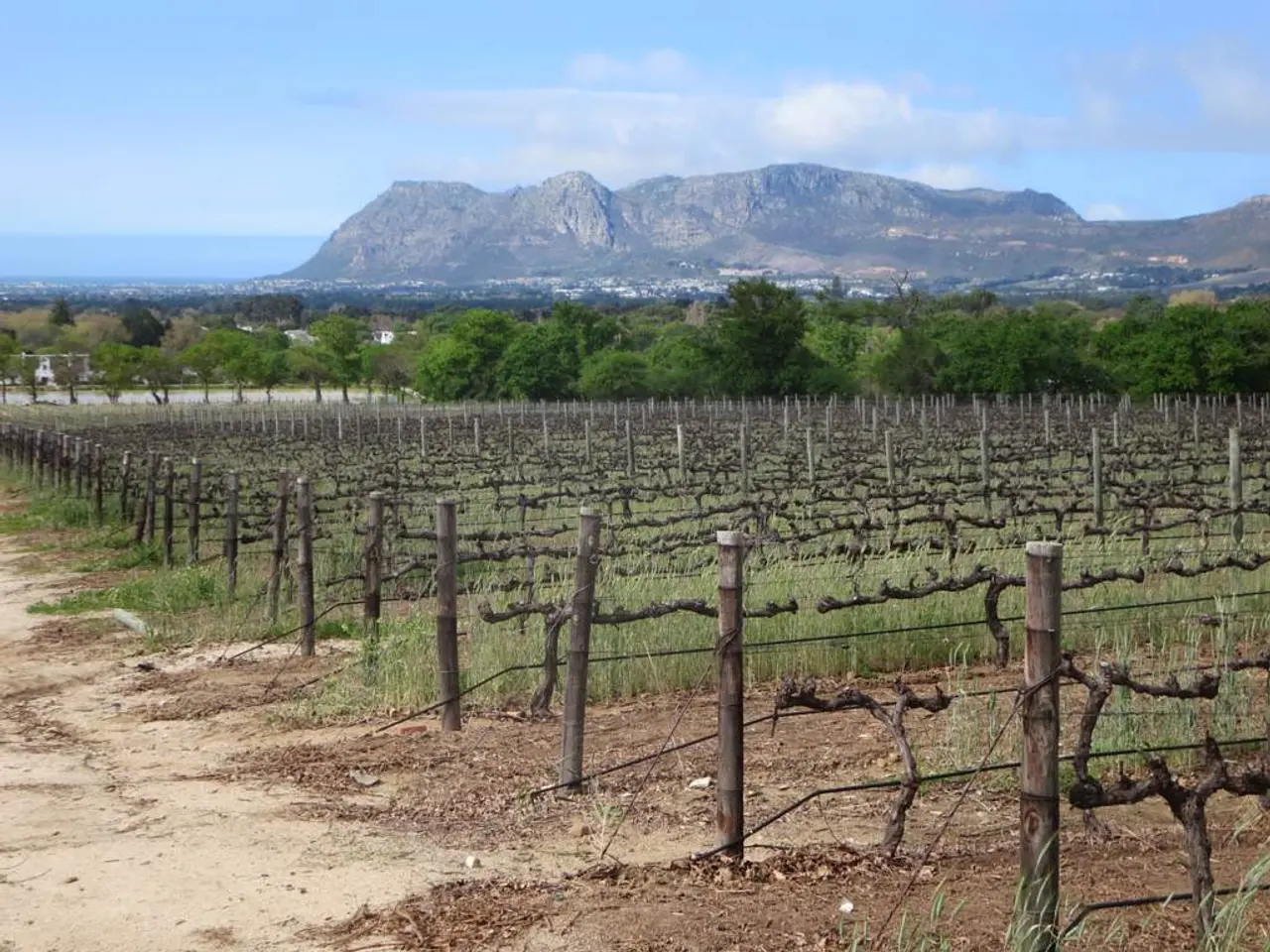Comprehensive Examination of Agricultural Land Values in India Throughout Decades
In the vast and diverse landscape of India, the value of farmland is influenced by a multitude of factors. From economic and environmental variables to technological advancements and government policies, each region presents a unique picture.
Punjab, Haryana, and Karnataka continue to be prime farmland areas due to their fertile soils and good irrigation infrastructure. These states continue to see strong agricultural land sales, maintaining their status as sought-after locations for farmers and investors alike. Telangana is also attracting interest, thanks to improved connectivity and government incentives aimed at sustainable agriculture.
A shift in buyer profile is evident, with urban investors and agribusiness firms emerging as key buyers. They seek land appreciation and opportunities to integrate farming with downstream value chains, particularly in areas with peri-urban expansion where land value appreciation is evident.
The rise of contract farming and agri-tech startups has increased demand for better-quality farmland with reliable water access. This is particularly noticeable in states like Karnataka and Telangana, where smart farming techniques and micro-irrigation are more widely scaled.
Across India, fragmented landholdings remain a structural challenge. However, market forces are pushing towards land consolidation, either virtually or through cooperatives, particularly in Punjab, Haryana, and Karnataka.
Areas susceptible to climate extremes and water scarcity, such as Rajasthan and parts of Andhra Pradesh, face downward pressure on prices due to risks of yield loss and irrigation inefficiency. Conversely, regions that adopt precision irrigation and climate-resilient cropping may see stabilized or increasing land values.
Regions experiencing rapid urban expansion, such as Tamil Nadu and parts of Telangana, often see agricultural land converted to non-agricultural uses. This causes local price surges but results in the loss of farmland area. Regulatory measures like zoning laws and better land record digitization are attempts to manage this trend.
Government schemes such as enhanced Kisan Credit Card limits and solar energy initiatives support farmer incomes and can indirectly boost land demand and prices. However, international trade dynamics, such as US tariffs and import duty shifts, affect input costs like fertilizers, influencing agricultural profitability and thus land values across all regions.
In summary, Punjab, Haryana, and Karnataka exhibit stable to rising farmland prices driven by fertility, irrigation, and consolidation trends, while Telangana and Andhra Pradesh gain momentum due to rising connectivity and incentives. Tamil Nadu and Rajasthan face mixed trends due to urbanization and climate challenges. Widespread adoption of agri-tech, contract farming, and government support schemes are key forces shaping regional farmland price movements.
With growing urbanization, new farming techniques, and increasing demand for organic food, farmland remains a good investment, provided prospective investors evaluate factors such as location, water availability, and soil quality in order to optimize profits and support sustainable agricultural development. Clear rules and knowledge of the law can help reduce price differences, building investor trust in the process.
- To optimize profits while supporting sustainable organic farming practices, investors are increasingly focused on regions with improved water management systems, such as Karnataka and Telangana, where smart farming techniques and micro-irrigation are prevalent.
- In environmental-science and finance discussions, the role of saving and investing in real-estate, particularly farmland, is becoming increasingly important, as urban investors recognize the potential for land appreciation and downstream value chain integration in areas with peri-urban expansion or sustainable agricultural incentives.
- Science and finance intertwine in the farming sector, with agriculture-tech startups and contract farming systems driving demand for high-quality farmland with reliable irrigation access and strong soil quality, influencing farmland investment decisions and contributing to the landscape of environmental-science and economic development in India.




